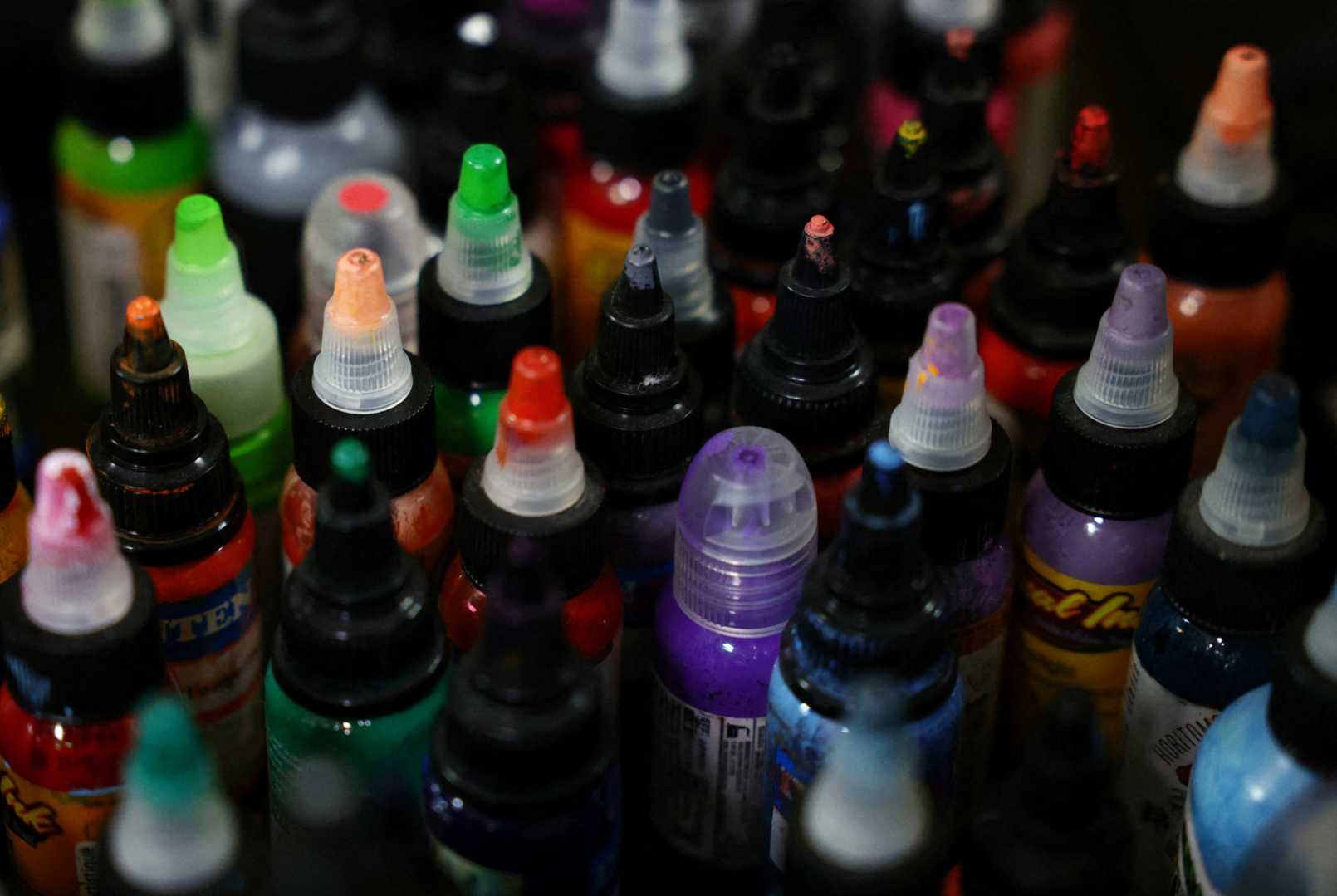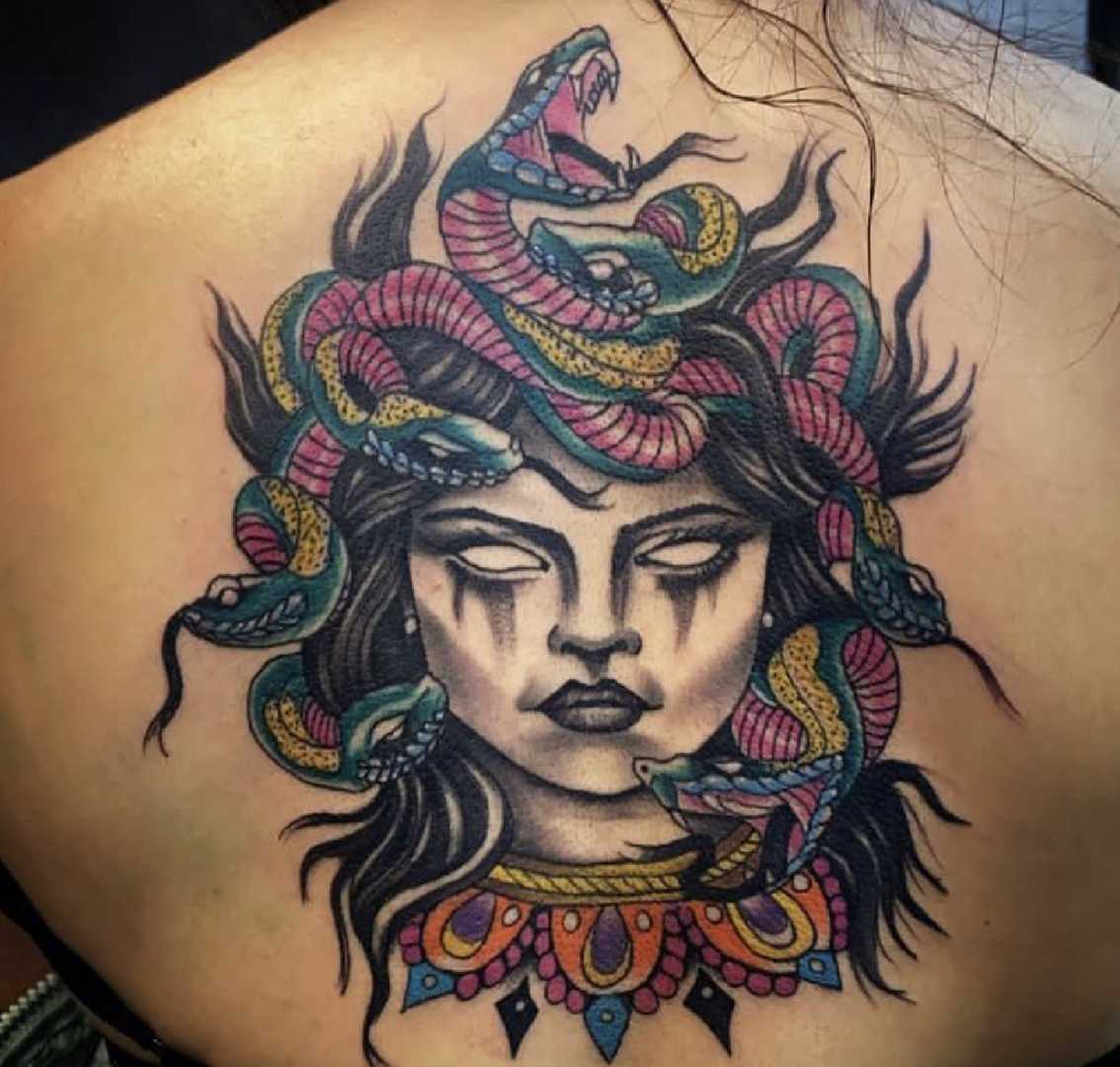A body tattoo is a form of body modification where a design is created by inserting ink, dyes, and pigments, either indelible or temporary, into the dermis layer of the skin to change the pigment. It is an ancient art form used for self-expression, cultural identity, cosmetic purposes, and even religious or spiritual beliefs.
Reasons why people get tattoo done
Reasons for getting a tattoo can vary significantly. Some get tattoos to commemorate loved ones or significant life events, while others get them for aesthetic appeal or as a form of self-expression. Some people also get tattoos as a form of rebellion or to identify with a specific group or subculture.
Tattoo Equipment
The tools used to apply tattoos traditionally include handheld needle tools, but most modern tattoos are applied with an electric tattoo machine that punctures the skin at a frequency of 50 to 3000 times per minute with an ink-loaded needle.
How is Tattoo ink made?
Tattoo ink is typically made from a base carrier such as ethanol, water, or witch hazel, and pigment. The pigments are often derived from metals that can withstand the body’s immune system and resist fading.
Tattoo ink colors
The color of the tattoo ink, whether white, red, black, brown, blue, or gold, is determined by the specific pigments used. For instance, titanium dioxide is often used in white ink, while iron oxide is used for red. Black ink often includes carbon or iron oxide, and blue ink typically uses cobalt aluminate. Gold tattoo ink is a newer trend, often created using mica or other shiny particles, but it isn’t typically as bright or metallic as gold leaf.
Electric ink typically refers to a brand of tattoo ink known for its vibrant, electric-looking colors. It doesn’t contain any electricity-related components.
Green ink is often made from chromium oxide, known as chromium green, or various organic pigments.
Is Tattoo ink safe or poisonous?
While FDA-approved colors are often used, the safety of tattoo ink is not universally guaranteed due to the lack of regulation. There can be risks if the ink contains toxic metals or if the person has an allergic reaction. Some colors, such as red or black, have been associated with more adverse effects.
Does Tattoo ink fade?
Over time, tattoo ink can fade due to various factors like sun exposure, the quality of the ink used, and the depth of the ink in the skin. Topical skincare products and certain medications can also contribute to fading. Regular touch-ups can help maintain a tattoo’s vibrancy.











